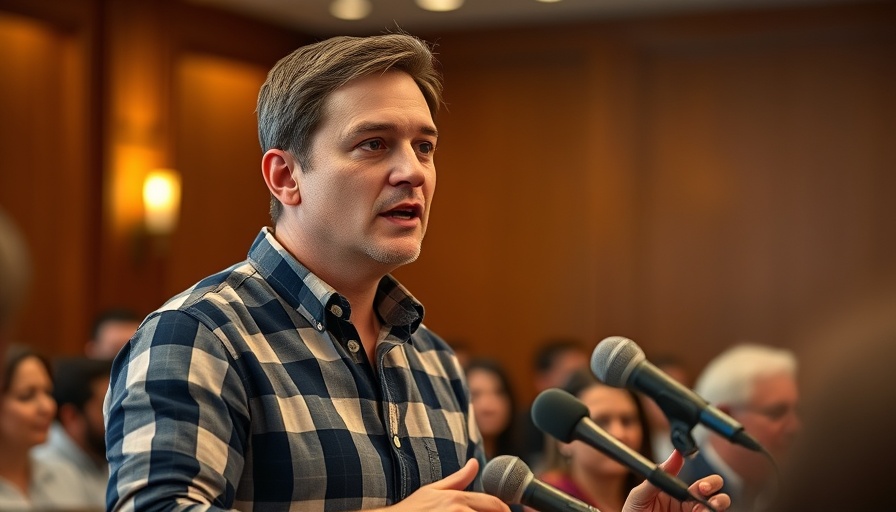
The Role of Faith Beyond Constitutional Principles
It is often said that a nation can only flourish when it is built on strong principles. For many, these principles originate from sacred texts, morality, and belief systems. The concept of faith beyond the constitution touches on the intersection of faith and civic life—a crucial topic in today's society.
In 'Faith beyond the constitution', the discussion dives into the critical interplay between spiritual beliefs and civic life, sparking deeper analysis on our end.
Understanding Faith's Historical Context
Throughout history, faith has shaped laws and societal norms, often providing ethical guidelines that go beyond mere legality. Founding figures in various nations have integrated their beliefs into the foundations of governance. As believers, it’s vital to explore how faith informs both personal and communal ethos, particularly when political or constitutional structures may not align with divine principles.
Social Connection: Why Faith Matters Today
In an age where many feel disconnected from community and spirituality, understanding the value of faith beyond legal definitions is paramount. It provides emotional support, ethical frameworks, and a sense of belonging. For youth and college students, navigating identity often involves scrutinizing not just personal beliefs but also how they interact with the world around them. This exploration can lead to a more robust understanding of one's convictions.
Parallel Examples: Faith Organizations in Civic Engagement
Across the globe, faith-based organizations have taken impressive strides in addressing societal issues. For example, ministries often play pivotal roles in disaster relief, education, and community building. Their work exemplifies how faith can transcend mere doctrine—demonstrating a commitment to action within society. These organizations embody the intersection of faith and civic duty, guiding believers to contribute positively to their communities.
Future Predictions: The Evolving Landscape of Faith and Law
As societal values continue to shift, we may see increased tensions between faith-based beliefs and evolving laws. One potential trend is a growing emphasis on individualism over communal ethical codes, particularly among younger generations. Understanding this trend could help faith leaders and educators guide discussions that emphasize the importance of both personal beliefs and shared moral responsibilities within society.
Counterarguments and Diverse Perspectives
While many advocate for faith to be central to governance, it is also important to recognize the perspectives of those who argue for a strict separation between faith and state. Critics often express concerns about the imposition of religious beliefs on pluralistic societies. Engaging in respectful dialogues about these viewpoints can help believers articulate their positions more effectively and foster mutual understanding.
The Value of Understanding Faith Beyond Laws
For parents and educators, fostering a deep understanding of faith's role in life can lead to significant personal growth for youth. Encouraging discussions about how beliefs shape choices and community engagement can help the next generation approach complex moral choices with confidence and clarity.
Actionable Insights: Enhancing Faith through Civil Responsibility
Believers can enhance their faith by actively participating in civic engagements, from voting to volunteering. Churches can lead initiatives that address community needs while reflecting their beliefs and values. By embodying the principle that faith extends beyond ecclesiastical walls, believers can project their values into the civic realm.
Frequently Asked Questions about Faith and Governance
Many individuals wonder about the role of faith in public life. Common questions include: How can one maintain personal beliefs while respecting diverse perspectives? What balance can be achieved between faith and civic responsibility? These discussions foster a deeper understanding of individual roles within community frameworks.
Understanding faith beyond the constitution is vital for believers looking to engage thoughtfully in today’s complex world. The insights drawn from such explorations can lead to more robust convictions and a proactive approach to civic life.
 Add Row
Add Row  Add
Add 








Write A Comment